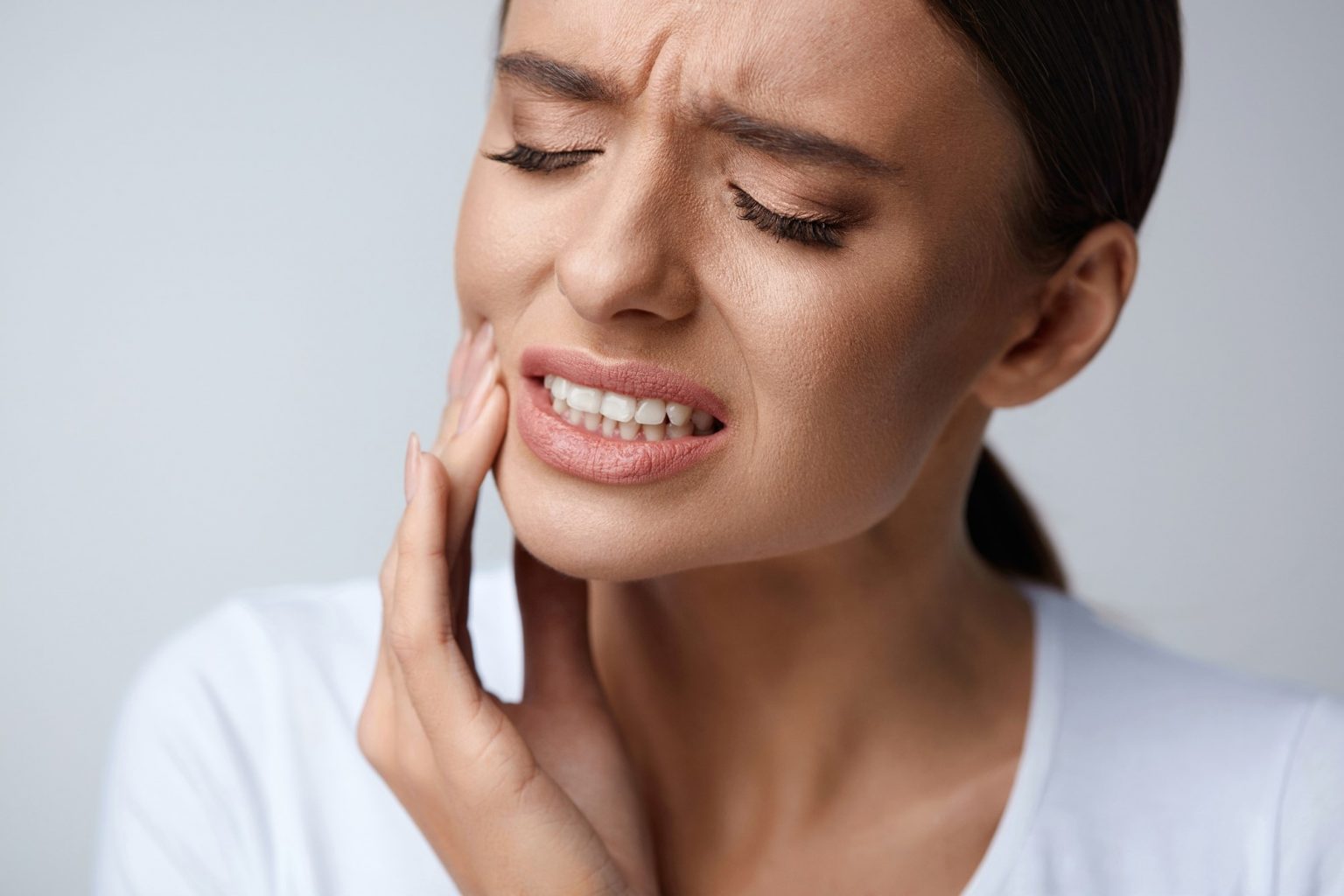
Tooth sensitivity can be an unexpected and uncomfortable surprise. One moment you’re enjoying a cold drink or a hot meal, and the next, a sharp pain shoots through your teeth, making you wince. Sudden tooth sensitivity is a common issue that affects many people at some point in their lives. While it can be distressing, the good news is that it’s often treatable with the right approach.
In this guide, we’ll explore the causes of sudden tooth sensitivity, how you can manage the discomfort, and steps you can take to prevent it in the future.
What Causes Sudden Tooth Sensitivity?
Understanding the root cause of your tooth sensitivity is the first step toward finding relief. Tooth sensitivity occurs when the protective enamel on your teeth wears away, exposing the underlying dentin. Dentin contains microscopic tubules that connect to the nerve endings inside your teeth. When the dentin is exposed to hot, cold, sweet, or acidic foods and drinks, it can cause a painful reaction.
Several factors can lead to sudden tooth sensitivity:
- Enamel Erosion: Over time, acidic foods and drinks, such as citrus fruits, sodas, and wine, can wear down tooth enamel. This erosion exposes the dentin, making your teeth more sensitive.
- Gum Recession: Gum recession can occur due to aggressive brushing, gum disease, or aging. As gums recede, they expose the roots of the teeth, which are not covered by enamel and are more sensitive to external stimuli.
- Tooth Decay or Damage: Cavities, cracked teeth, or worn fillings can expose the dentin and nerves, leading to sensitivity. Sudden sensitivity may indicate that a previously unnoticed cavity has reached a critical point.
- Teeth Grinding (Bruxism): Grinding your teeth at night or during the day can wear down enamel, causing sensitivity. This habit can also cause microfractures in the teeth, which can exacerbate the issue.
- Recent Dental Procedures: Sometimes, tooth sensitivity can be a temporary side effect of recent dental work, such as fillings, crowns, or teeth whitening. This type of sensitivity usually subsides after a few days.
- Sinus Pressure: Occasionally, sinus pressure from a cold, allergy, or sinus infection can cause the roots of the upper teeth to become sensitive, as they are close to the sinus cavities.
How to Manage Sudden Tooth Sensitivity
If you’re experiencing sudden tooth sensitivity, there are several steps you can take to alleviate the discomfort and protect your teeth.
- Use a Desensitizing Toothpaste: Desensitizing toothpaste contains compounds that help block the sensation from the tooth surface to the nerve. Use it consistently for several weeks to see if it reduces your sensitivity.
- Avoid Acidic Foods and Drinks: Try to reduce your intake of acidic foods and drinks, as they can exacerbate enamel erosion. If you do consume them, rinse your mouth with water afterward to help neutralize the acid.
- Practice Gentle Brushing: Use a soft-bristled toothbrush and brush gently in a circular motion. Avoid brushing too hard, as this can wear down enamel and contribute to gum recession.
- Use a Fluoride Mouthwash: Fluoride helps to strengthen tooth enamel, making it more resistant to acid attacks and sensitivity. Consider using a fluoride mouthwash as part of your daily oral hygiene routine.
- Wear a Mouthguard at Night: If you grind your teeth at night, a custom-fitted mouthguard can protect your teeth from further damage and help reduce sensitivity.
- Seek Professional Help: If your sensitivity persists or is severe, it’s important to see a dentist. They can assess your condition, provide targeted treatments, such as fluoride varnishes or dental bonding, and address any underlying issues, such as cavities or gum disease.
Preventing Future Tooth Sensitivity
Once you’ve managed your sudden tooth sensitivity, taking steps to prevent future occurrences is crucial. Here are some tips to help you protect your teeth:
- Maintain Good Oral Hygiene: Brush your teeth twice a day with fluoride toothpaste and floss daily. This helps to remove plaque and bacteria that can contribute to enamel erosion and gum disease.
- Use a Soft-Bristled Toothbrush: A soft-bristled toothbrush is gentle on your enamel and gums, reducing the risk of damage and sensitivity.
- Be Mindful of Your Diet: Limit your intake of sugary, acidic, and sticky foods that can contribute to enamel erosion. Eating a balanced diet rich in fruits, vegetables, and dairy products can help support oral health.
- Stay Hydrated: Drinking plenty of water helps to wash away food particles and acids from your teeth, reducing the risk of enamel erosion.
- Visit Your Dentist Regularly: Regular dental check-ups and cleanings are essential for maintaining oral health. Your dentist can identify potential issues early and provide treatments to prevent sensitivity.
- Address Bruxism: If you grind your teeth, discuss treatment options with your dentist. A nightguard or stress management techniques can help protect your teeth from further damage.
- Use a Straw for Acidic Drinks: When consuming acidic beverages, using a straw can help minimize contact with your teeth, reducing the risk of enamel erosion.
Conclusion
Sudden tooth sensitivity can be both painful and concerning, but it’s often manageable with the right care and attention. By understanding the causes of sensitivity and taking proactive steps to protect your teeth, you can reduce the risk of future discomfort and maintain a healthy, pain-free smile. If your sensitivity persists or worsens, don’t hesitate to seek professional advice from your dentist.
If you’re in Nashik and looking for expert care, consulting the best dentist in Gangapur Road Nashik can provide you with personalized treatment options and help you overcome tooth sensitivity effectively. With the right approach, you can enjoy all your favorite foods and drinks without worry.